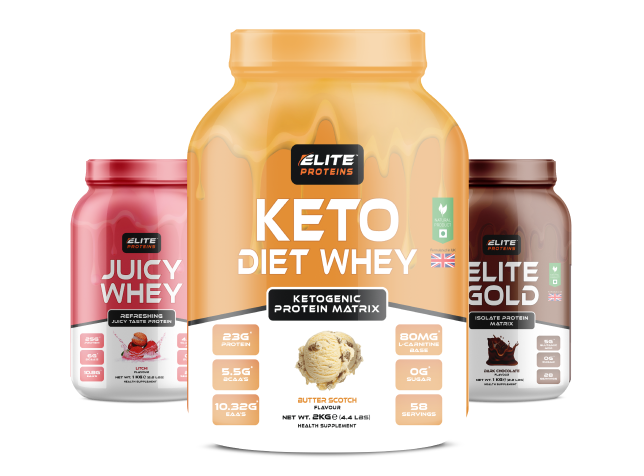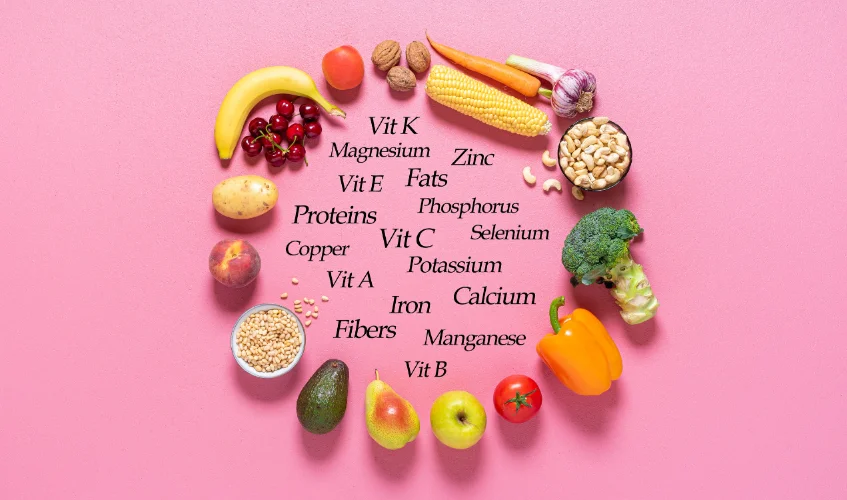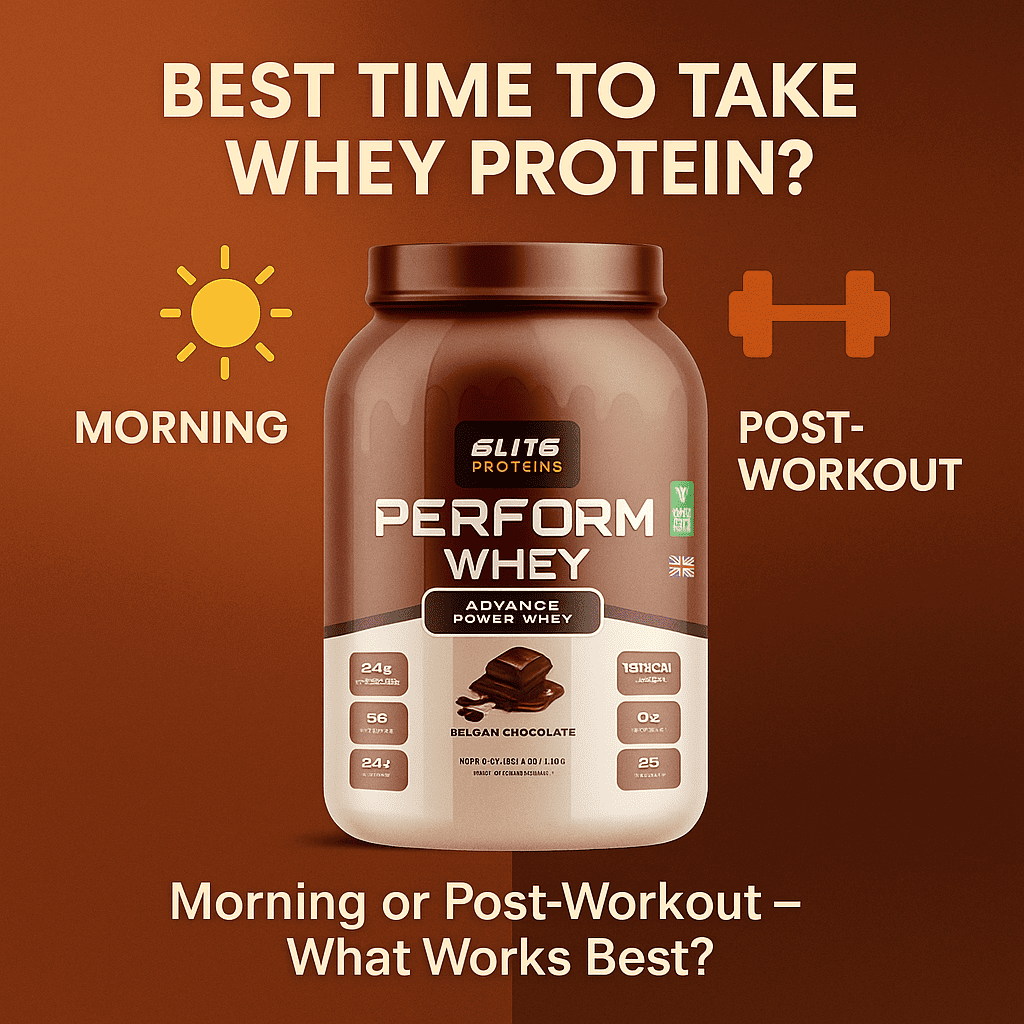Whey Protein Side Effects: Myth vs Fact

Whey Protein Side Effects: Myth vs Fact
Whey protein has become a household name among fitness enthusiasts, athletes, and even people looking to improve their overall nutrition. But with its rising popularity comes a wave of misinformation, especially about whey protein side effects. Some people swear by it, others warn against it—and somewhere in between lies the truth.
In this blog, we’ll break down the myths vs facts surrounding whey protein, address protein powder myths, and answer the big question: Is whey protein safe?
What is Whey Protein, and Why the Hype?
Whey protein is a complete protein derived from milk during the cheese-making process. It contains all nine essential amino acids and is quickly absorbed by the body, making it an ideal supplement for muscle recovery, weight management, and overall health.
Whether you’re a gym-goer chasing lean muscle or someone just trying to increase daily protein intake, whey protein offers a convenient and effective option. But with great popularity comes great misinformation. Let’s clear it up.
Myth 1: Whey Protein Damages Kidneys
The Claim:
High-protein diets, especially with supplements like whey, can overwork your kidneys and lead to kidney disease.
The Fact:
For healthy individuals, multiple studies have shown that consuming whey protein does not harm kidney function. The confusion arises because patients with existing kidney disease are advised to limit protein intake. For healthy people, your kidneys are more than capable of processing extra protein.
Tip: Stay hydrated to help your body process any protein supplement efficiently.
Reference: National Library of Medicine
Myth 2: Whey Protein Causes Acne
Whey Protein Side Effects
The Claim:
Whey protein leads to breakouts and worsens skin conditions.
The Fact:
Some individuals may notice acne flare-ups with whey protein, particularly those prone to hormonal imbalances or with dairy sensitivities. However, this is not a universal reaction. It’s often related to excess sugar, artificial flavors, or an overall high-glycemic diet—not whey protein itself.
Tip: Opt for clean whey protein like Elite Proteins 100% Whey with minimal additives to reduce any potential triggers.
Myth 3: Whey Protein Makes You Gain Fat
The Claim:
Drinking whey protein shakes will bulk you up and add fat.
The Fact:
Whey protein is not inherently fattening. Fat gain happens when you consume more calories than your body needs, regardless of whether those calories come from protein, carbs, or fat. In fact, whey can help increase satiety and support fat loss when used as part of a calorie-controlled diet.
Example: Replace a high-calorie snack with a whey protein shake for better appetite control.
Myth 4: Whey Protein Side Effects Whey Protein Causes Liver Damage
Whey Protein Side Effects
The Claim:
Too much whey protein is toxic to the liver.
The Fact:
Like the kidney myth, this one has been exaggerated. For healthy people, whey protein is perfectly safe and does not cause liver damage. The liver plays a role in amino acid metabolism and can handle dietary protein without stress—unless pre-existing liver disease is present.
Myth 5: Whey Protein is Only for Bodybuilders
The Claim:
If you’re not hitting the gym 5 times a week, whey protein is unnecessary.
The Fact:
Whey protein benefits everyone—from athletes to busy professionals, seniors, and people on weight-loss journeys. It’s simply a high-quality, convenient source of protein. Even non-athletes need sufficient protein for immune function, muscle preservation, and recovery from daily activities.
The Real Whey Protein Side Effects
While most people tolerate whey protein well, there are a few possible side effects:
Digestive Discomfort – Some individuals experience bloating, gas, or cramps, especially if they’re lactose intolerant.
Solution: Try a whey isolate like Elite Proteins ISO Elite, which contains minimal lactose.Allergic Reactions – People with dairy allergies should avoid whey protein altogether.
Overconsumption – Relying solely on whey protein for nutrition may crowd out other essential nutrients from whole foods.
Poor Quality Brands – Low-grade whey powders with excessive sugar, fillers, or artificial additives can cause unwanted reactions.
Is Whey Protein Safe? Whey Protein Side Effects
Yes—when used as recommended, whey protein is safe for healthy adults. The general rule is to consume it in moderation, based on your daily protein needs. For most people, 1–2 scoops per day (20–40g protein) is enough.
How to Choose the Right Whey Protein
When shopping for whey protein, here’s what to look for:
Protein Content per Serving – At least 20g per scoop.
Minimal Additives – Avoid excess sugar, artificial colors, and fillers.
Type of Whey –
Whey Concentrate – Budget-friendly, contains more lactose.
Whey Isolate – Low lactose, higher purity.
Whey Hydrolysate – Fastest digestion, ideal for post-workout recovery.
Brand Reputation – Stick to trusted names like Elite Proteins for quality assurance.
Why Choose Elite Proteins for Your Whey
At Elite Proteins, our products are designed to deliver maximum results with clean, scientifically backed formulas. Whether you’re looking for muscle growth, fat loss, or better recovery, our range—from Elite 100% Whey to ISO Elite—is formulated without unnecessary fillers.
Internal Link Suggestion: Explore our Elite Whey Protein Range
Final Thoughts
Whey Protein Side Effects
The idea that whey protein is dangerous is mostly based on protein powder myths and outdated studies. For most healthy people, whey is not just safe—it’s one of the most effective tools for meeting daily protein needs and supporting overall health.
So the next time someone asks, “Is whey protein safe?”—you can confidently say yes, as long as it’s high-quality and consumed as part of a balanced diet.
Whey Protein Side Effects External Reference for Credibility: Whey Protein 101: The Ultimate Beginner’s Guide – Healthline
Quick Summary Table: Whey Protein Side Effects Myths vs Facts
| Myth | Fact |
|---|---|
| Whey protein damages kidneys | Safe for healthy individuals |
| Whey protein causes acne | Only in some cases, often due to additives |
| Whey protein makes you fat | Only excess calories cause fat gain |
| Whey protein damages the liver | Safe for healthy livers |
| Only for bodybuilders | Useful for everyone needing protein |





